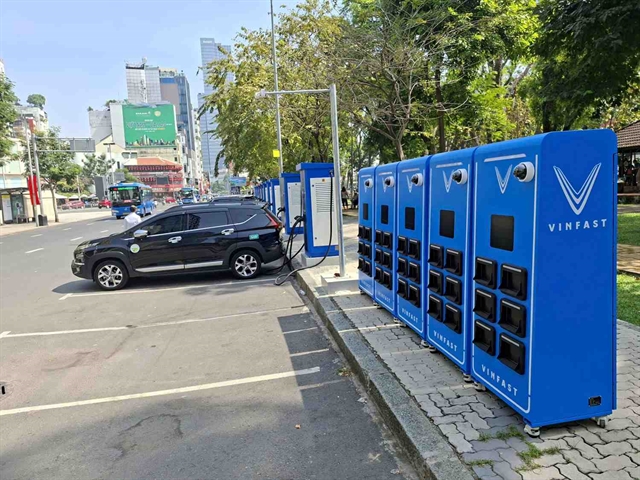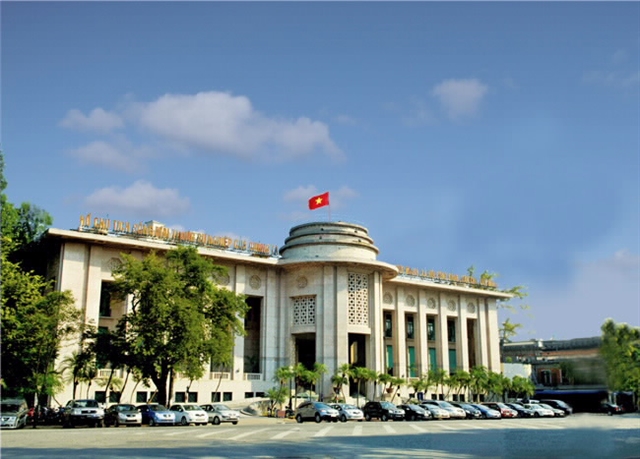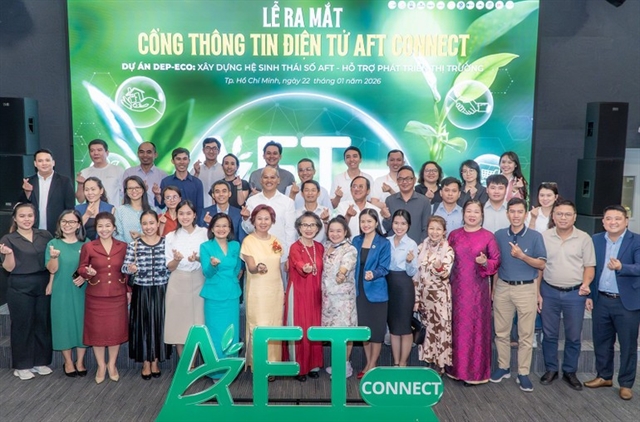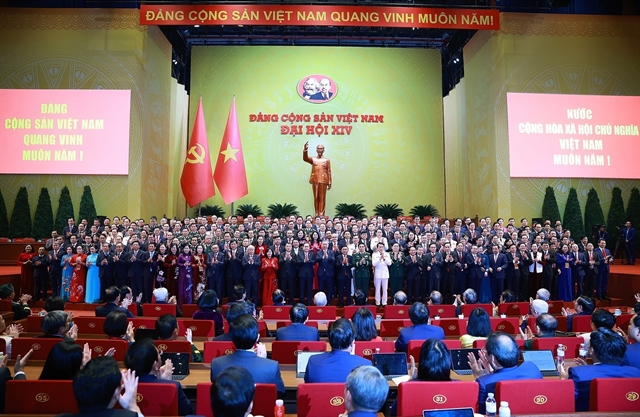 Environment
Environment

.jpg)
|
| A resident in Tú Thịnh Commune, Sơn Dương District in the northern province of Tuyên Quang prepares trees for the forestation crop in 2023. VNA/VNS Photo Vũ Quang |
HÀ NỘI — Deputy Prime Minister Trần Lưu Quang on Thursday signed a decision approving a project on developing multi-use values of the forest ecosystem to 2030, with a vision to 2050.
The project aims to improve the efficiency of management and sustainable use of forest resources; create jobs, increase incomes, stabilise and improve the material and spiritual lives of ethnic minorities, mountainous people, forestry workers and those living near forests, thus contributing to socio-economic development, conservation of natural resources and biodiversity, environmental protection, and climate change adaptation.
It is also expected to preserve and promote cultural and historical values, indigenous knowledge of local communities; and help ensure national security and defence.
One of its specific goals is to sustainably develop the supply of wood materials through organising intensive farming and expanding areas of big timber trees to ensure proactive supply of materials for the wood processing industry, striving for the output of domestically exploited wood materials to meet at least 80 per cent of the raw material demand for this industry by 2030 and 100 per cent by 2050; and 100 per cent of wood and wooden products having legal origins, thus meeting the requirements of the export markets and domestic consumption.
The value of processed non-wood forest products and medicinal herbs by 2030 will increase by 1.5 times compared to 2020 and double by 2050. The export value of non-timber forest products and medicinal herbs produced under forest canopy will account for 10-15 per cent by 2030 and 25 per cent by 2050 of the total value of forestry product exports.
The project also sets goals of developing forest environmental services on the basis of specifying and expanding service types; effectively managing and using resources from these services to ensure compliance with legal regulations; efficiently implementing forest carbon absorption and storage services; reducing greenhouse gas emissions from limiting deforestation and forest degradation, sustainable forest management, and green growth; and striving to ensure stable growth of revenue from forest environmental services, at 5 per cent a year.
Attention will be paid to developing sustainable community-based tourism, ecotourism, resort and entertainment activities, with the aim of increasing revenue from these activities by 50 per cent by 2030 compared to 2020 and 100 per cent by 2050. — VNS




